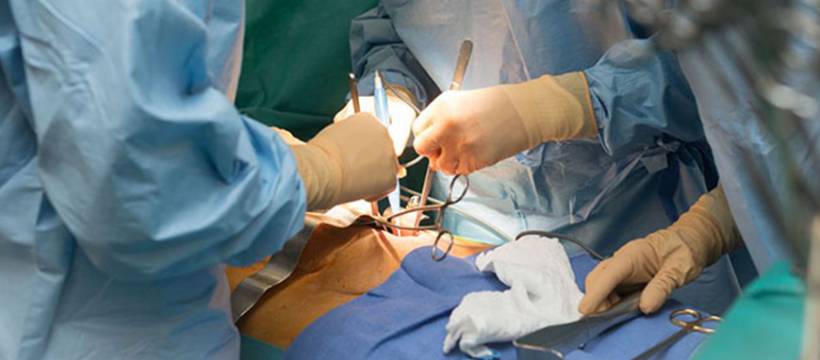
Laparoscopy and hysteroscopy are procedures recommended during treatment for infertility. At Stree Hospital, PCMC advanced laparoscopic procedures are carried out every day by our team of experts including Dr. Rajender Sujanyal, Dr. Vanita Sujanyal, and Dr. Sagar Sujanyal. At Stree Hospital all procedures are done in a “Pain-Free” manner. We have a proven track record of excellence in carrying out Laparoscopy and Hysteroscopy Procedures.
What is Laparoscopy?
Laparoscopy is a procedure that allows a surgeon to look inside your pelvis, for example at your fallopian tubes, ovaries, and uterus (womb). It can be used either to diagnose a condition or for treatment. Dr. Rajender Sujanyal is the best gynecologist in PCMC and recommends a laparoscopy if you have pelvic pain or a history of pelvic disease. It helps diagnose and treat conditions such as uterine fibroids, blocked tubes, endometriosis, ectopic pregnancies, ovarian cysts, adhesions, and other structural abnormalities. A laparoscopy may be recommended after the initial fertility examination.
What is Hysteroscopy?
Hysteroscopy is performed to view the internal cavity of the uterus, identify abnormalities and perform certain corrective procedures. These procedures are best performed soon after menstruation when the view would be unobstructed. Hysteroscopy is usually recommended to identify the cause of infertility, miscarriage, and abnormal uterine bleeding. It is usually preceded by other imaging studies such as ultrasound. A hysteroscopy can help identify abnormalities within the uterine cavity such as fibroids, polyps, areas of scarring, and congenital malformations. Surgery may be performed during hysteroscopy to correct certain abnormalities. Prior to surgery, you may be asked to take certain medications to prepare the uterus.
The following surgeries are routinely performed:
FREQUENTLY ASKED QUESTIONS
Following operative laparoscopy, patients are generally able to return home the day of surgery and recover more quickly, returning to full activities in 3 to 7 days.
Yes. Occasionally two procedures are scheduled at the same time. Hysteroscopy is frequently performed at the same time as laparoscopy. Women may also elect to have another elective surgery performed in combination with their gynecologic procedure.
